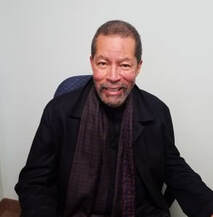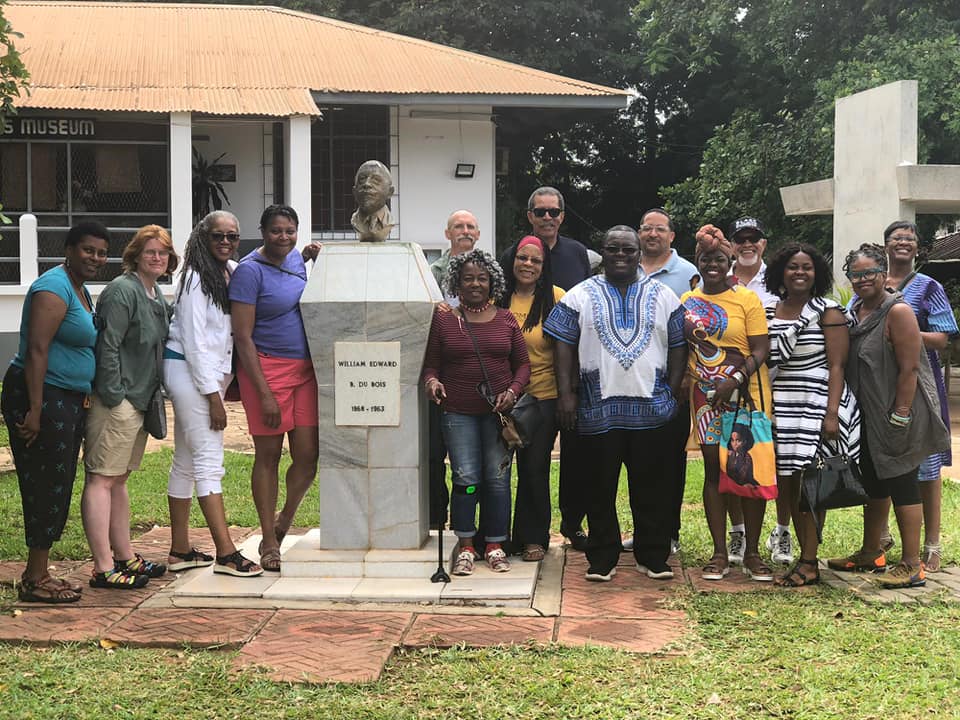 Russel Balenger Russel Balenger By Russel Balenger A recent Wellspring Wednesday has caused me to reflect on my life in recent years and what Unity Church has defined as one’s “next right action” around racial justice in this unsettled time. Most of my life, I have been seeking racial justice and continuously pondering my “next right action.” To do this, I have used Peace Circle work for many years. Circle work, for those not familiar with the term, is a way of bringing people together to work on creating community, or to problem-solve, that is very much centered on listening and taking turns at speaking. Its origins can be traced back to native peoples around the world and how they dealt successfully with conflict. During this time of pandemic and unrest, the Circle process has been valuable in creating space for our extended community to talk about issues like racial justice, which are hard to discuss for some. Circle is always part of my “next right action,” but then, “next right action” around race is probably seen differently for people who feel that their lives don’t matter and those that don’t have to question that. In many ways, nothing has changed for me in the past year. I still have to be continuously aware of how I appear in the world, so as not to be judged as “less.” I still have to be conscious of not getting tangled in some situation around the police. I still feel the urgency that things have to change, but that urgency has always been there for me, while others can easily take a break from this freedom fighting with no consequences. Pondering further the idea of “next right action,” I am reminded of the importance not only of action but also the importance of being open to changing one’s thinking. Two summers ago, fellow Unity Church member Ray Wiedmeyer and I traveled with a small group to Ghana. From the moment we left our shores, our experiences of that trip were dramatically different. I was immediately awash in spaces filled almost completely with Black bodies, allowing me the rare opportunity to not feel the center of people’s attention. Ray, on the other hand, became conscious of being very much in the minority because of the color of his skin. As a white man, he could move around quite comfortably and unobtrusively back home, but he had to check his expectations and assumptions continuously in Ghana. At the top of my wish list while there was to walk through the neighborhoods to see how people lived, since most of my life I have been called “African American.” If I was African somehow, after all these generations of being stolen to American shores, what did that mean? My father’s father was Cuban Indian and his mother was German and white. My mother’s father was a light brown man and her mother was a dark-skinned woman. Going to Ghana meant the world to me. There were moments of shared adventure and a chance to talk about many things, and in the end, Ray and I both returned changed. I now simply see myself as American. And when we both think of Africa, we have had to give up the pictures of impoverishment that used to fill our heads; these are now replaced by pictures of thriving people, living lives not that different than our own. This change in our thinking was certainly as important as the action.
Bringing it back home again: for me the Circle has always been about community and bringing people together to create true local change. Prior to the pandemic, we had been working hard to make juvenile justice more just. Totem Town, which had become a place to lock up kids of color, has been closed down thanks to the efforts of community and to folks at Unity Church. I would now like to see the land that Totem Town is on turned into a camping experience for community that would operate year-round. The Circle of Peace Movement I founded with my wife Sarah, which runs the Monday night Circle of Peace at Unity, also now operates as an alternative to locked detention for youth in Ramsey County. We have found ways to work with teens in trouble without incarcerating them. One of those solutions was to find mentors for them, and another involved food. When we provided families with regular bags of healthy food and mentors, kids stopped getting into trouble for livability crimes. Perhaps solutions to injustice are not that far from our grasp. We just need to be open to friendships that help us see and think more clearly where we can be most useful. And there might be our next “right action.”
1 Comment
leila Poullada
7/15/2021 01:21:38 pm
I would like to join discussions, bringing my insights from years of living and traveling in other cultural communities and past decade here without a car..
Reply
Leave a Reply. |
Topics
All
Beloved Community ResourcesUnity Justice Database
Team Dynamics House of Intersectionality Anti-Racism Resources in the Unity Libraries Collection Creative Writers of Color in Unity Libraries The History of Race Relations and Unity Church, 1850-2005 Archives
July 2024
Beloved Community Staff TeamThe Beloved Community Staff Team (BCST) strengthens and coordinates Unity’s antiracism and multicultural work, and provides opportunities for congregants and the church to grow into greater intercultural competency. We help the congregation ground itself in the understanding of antiracism and multiculturalism as a core part of faith formation. We support Unity’s efforts to expand our collective capacity to imagine and build the Beloved Community. Here, we share the stories of this journey — the struggles, the questions, and the collaborations — both at Unity and in the wider world.
The current members of the Beloved Community Staff Team include Rev. Kathleen Rolenz, Rev. KP Hong, Rev. Lara Cowtan, Drew Danielson, Laura Park, Lia Rivamonte and Angela Wilcox. |
